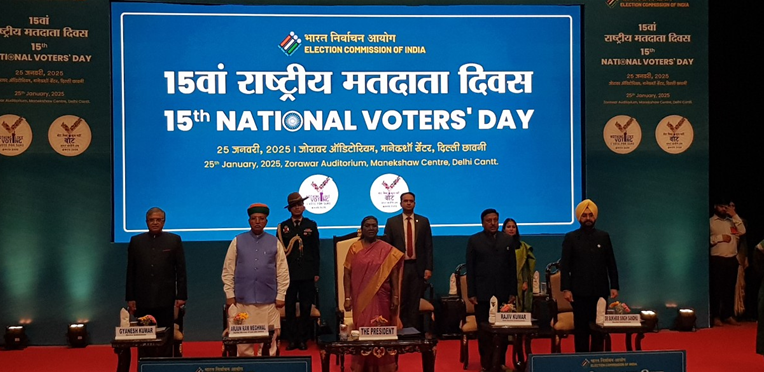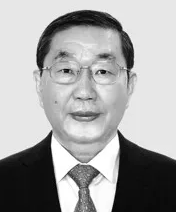| SG's Column) Fake News: A Threat to Global Democracy |
|---|
| Last updated 2025-05-08 |
|
Dr. In-sik Jang Secretary General of A-WEB, Ph.D. in Public Administration
At the end of January this year, I attended an international conference in New Delhi at the invitation of the Election Commission of India. The conference "Global Election Year 2024: Reiteration of Democratic Spaces: Takeaway for EMBs" was held to mark India's National Voters' Day. The President of India attended the event, commending those who had contributed to the general elections and presenting voter cards to newly registered voters.

Representatives from Election Management Bodies (EMBs) in over 20 countries and international organizations, such as A-WEB, IFES, and I-IDEA, discussed various issues vital to the sustainability of democracy, including political polarization and the enhancement of women's political participation. Participants agreed on the importance of electoral systems that guarantee diversity and equal opportunity, and emphasized the need for joint efforts to promote social integration and ensure fair elections.
A key focus was the evolving electoral landscape in the digital age and the challenges it presents. India’s use of electronic voting for nearly a billion voters, along with discussions on digital platforms and blockchain technology, illustrated how technological advancements can improve voter accessibility and support a more inclusive democracy. However, the expansion of digital technology has also introduced significant new threats. The global spread of disinformation and fake news has become a pressing concern, often fueled by increasing political polarization. Emotionally charged falsehoods spread rapidly, clouding voter judgment and distorting the fundamental purpose of elections. Fake news is no longer a minor online annoyance—it now poses a serious threat to democracy itself. During the program, I visited the Mahatma Gandhi Memorial Park, where one of his quotes struck a chord. A century ago, Gandhi warned of "Seven Social Sins" that could corrupt society: Politics without principle, Commerce without morality, Wealth without work, Knowledge without character, Science without humanity, Pleasure without conscience, and Religion without sacrifice. This message resonates profoundly with today's democratic crisis. Political behavior that avoids dialogue and rejects compromise exemplifies politics without principle—and fake news is often used to justify such conduct. In the pursuit of clicks, some media outlets have descended into amoral commercialism, churning out provocative content without verification. Information circulates without integrity, science and technology are exploited without human reflection, and people share content without conscience. Ultimately, fake news is a pathological social phenomenon that encapsulates all these vices. Democracy cannot be sustained by institutional frameworks alone; it relies on the collective will of society and an unwavering commitment to uphold the truth. Freedom of information must not be misused as a licence to distort it. Now is the time to reflect on the weight of our shared responsibility to protect the truth. At this pivotal moment, Gandhi’s century-old warning deserves renewed attention. At the New Delhi conference, the representatives of EMBs and international organizations reaffirmed their shared commitment to ensuring free, fair, transparent, and inclusive elections. They pledged to protect the integrity and purity of elections against disinformation, political pressure, and technological threats. Plans were discussed to prioritize voter rights, create more accessible voting environments, enhance public education and communication, strengthen technological innovation and cybersecurity, and establish systems for addressing post-election disputes.
Democracy must be founded on transparent elections, for truth is ultimately stronger than any falsehood. The Secretary-General's column was published in Hankyoreh, a South Korean daily newspaper established in 1988. It is known for its independent editorial stance and covers various topics, including politics, society, and culture. Read the original article at the link below: https://www.hani.co.kr/arti/ #한겨레칼럼 |
